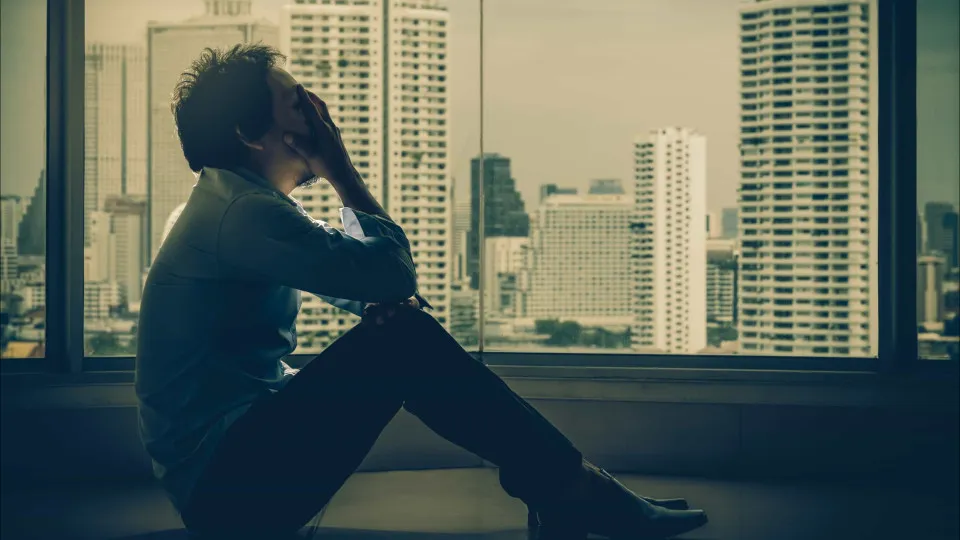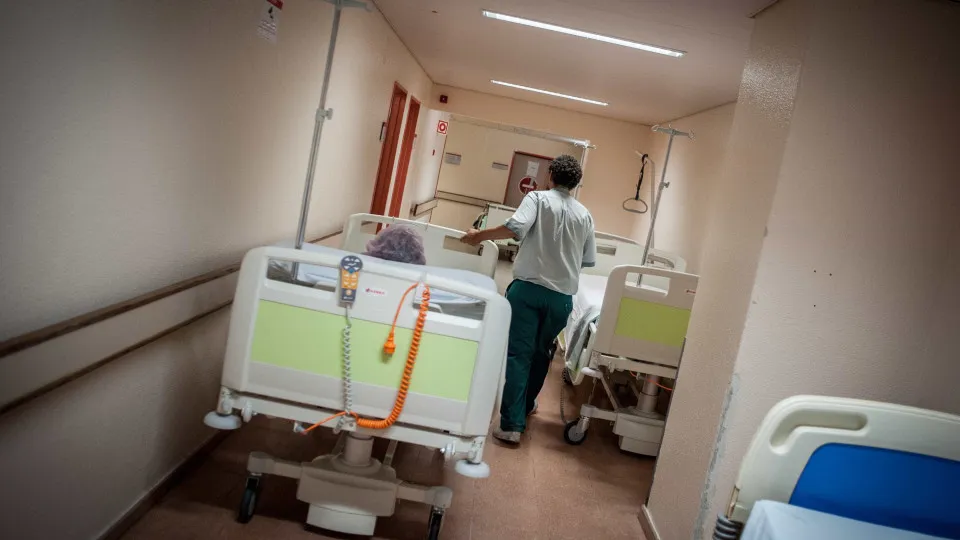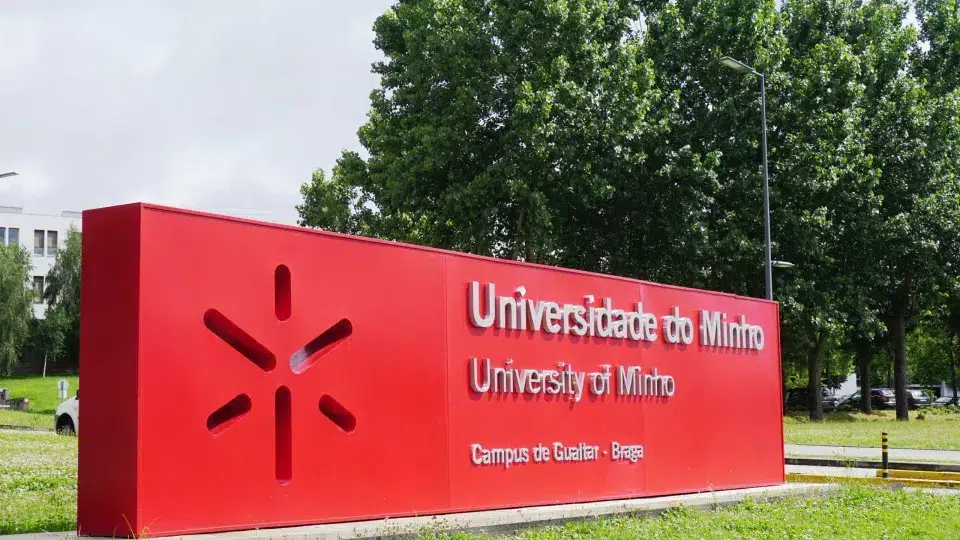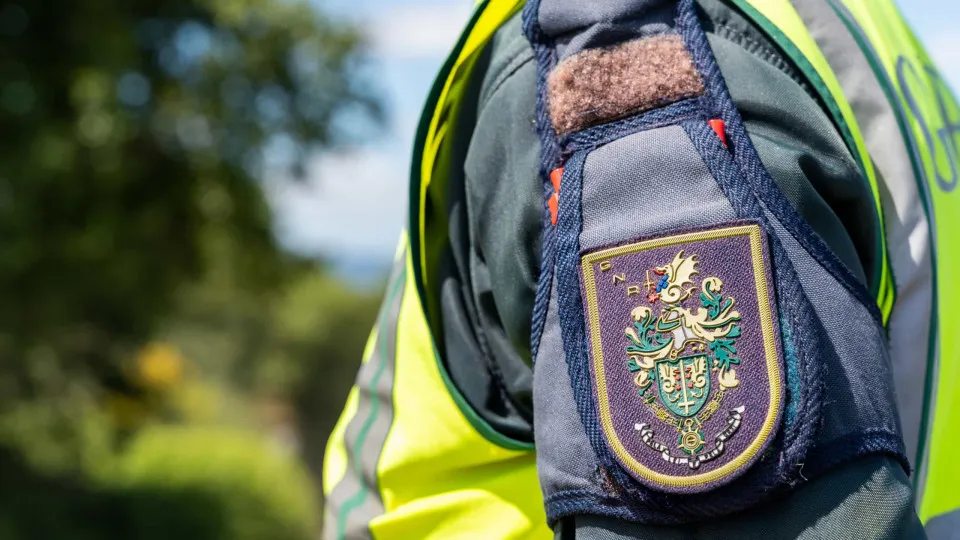
“We have more young people reaching out to us,” stated Maria João Cosme, deputy coordinator of SOS Criança, a service observing a surge in requests for help regarding well-being and mental health issues.
In January, the service received a total of 175 contacts, which doubled to 333 this month, via phone calls, emails, chat, or WhatsApp messages.
While phone calls and emails are typically used by family members and other adults to report risks, WhatsApp is the preferred choice of young people, who feel more comfortable “writing than speaking about their problems,” explained Maria João Cosme.
The most significant increase is seen in WhatsApp contacts: in the first two months of this year, the line received an average of 25 contacts, while in the last two months it always exceeded a hundred, according to data from the IAC.
Regarding the reasons for contacting the SOS Criança Line, the IAC highlights issues of suicidal ideation and self-harming behaviors, which have risen from 47 help requests last year to 95 cases this year, with three months still to account.
Maria João Cosme believes that children’s isolation and excessive screen time have worsened problems, but also acknowledges that the rise in registered cases might be linked to the launch of the SOS Line on WhatsApp.
“On WhatsApp, we have more teenagers contacting us, and the topics revolve more around depression, suicidal ideation, and isolation,” she explained.
According to Maria João Cosme, violence and maltreatment were the most discussed issues until 2020, but after the COVID-19 pandemic, “the theme began to shift more towards mental health.”
In 2020, the Line recorded 2,268 contacts. Last year, it was 2,450, and this year, there have already been 2,522.
“There might indeed be an increase in cases because COVID had a negative impact on mental health, but I believe it also has to do with the enhanced dynamism and promotion of our services,” she said.
Maria João Cosme emphasizes that a direct extrapolation between the number of contacts and cases at risk cannot be made, as “the same young people might be reaching out,” with many cases involving multiple contacts on the same topic.
Psychologist Tânia Gaspar also warned this month about the rise in self-harming behaviors, affecting one in four young people in Portugal: “Children and young people – and increasingly at an earlier age – start exhibiting self-harming behaviors, with or without suicidal intent, to cope with psychological distress.”
The researcher explained that “not all children show the same symptoms.” Many become more isolated and sad, while others maintain an active social life, noted the coordinator in Portugal of the Health Behavior School Aged Children study, promoted by the World Health Organization.
Additionally, child psychiatrist Neide Urbano alerted this month to the increase in adolescents visiting emergency rooms due to self-harm or suicide attempts, advocating for routine child psychiatry consultations to detect early signs of mental health risks.
The specialist from the Youth Clinic, part of the child psychiatry service at Dona Estefânia Hospital in Lisbon, mentioned that adolescents, averaging 15 years old, most frequently access the service and hospital emergency care, mainly for self-harming behaviors, whether suicidal or nonsuicidal.
Among nonsuicidal behaviors, cuts and other forms of self-harm are most common, while suicidal behaviors mainly involve voluntary medication overdoses.
For the IAC, prioritizing children and young people’s mental health in public policies and educational contexts is urgent, ensuring resources capable of identifying distress signals and providing responses.
The SOS Criança e Jovem Line, available at 116 111, offers psychological, social, and legal support to minors in vulnerable situations.
———-
If you are suffering from any mental illness, experiencing self-destructive thoughts, or simply need someone to talk to, you should consult a psychiatrist, psychologist, or general practitioner. You may also contact any of these entities (all contacts ensure anonymity for both the caller and the responder):
Psychosocial Support of Lisbon City Council
800 916 800 (24h/day)
SOS Voz Amiga – Emotional support and suicide prevention line
800 100 441 (between 15:30 and 00:30, toll-free)
213 544 545 – 912 802 669 – 963 524 660 (between 16h and 00h)
Conversa Amiga (between 15h and 22h)
808 237 327 (between 15h and 22h, toll-free) | 210 027 159
SOS Estudante – Emotional support and suicide prevention line
239 484 020 – 915246060 – 969554545 (between 20h and 1h)
Telefone da Esperança
222 080 707 (between 20h and 23h)
Telefone da Amizade
228 323 535 | 222 080 707 (between 16h and 23h)
Psychological Counseling at SNS 24 – At SNS24, contact is handled by healthcare professionals
808 24 24 24 then select option 4 (24h/day)
National Suicide Prevention and Psychological Support Line (24h/day)
1411




